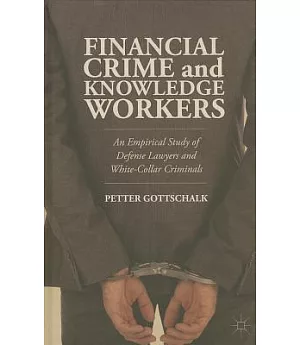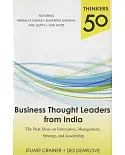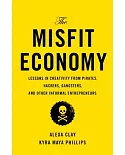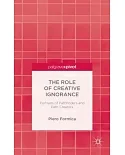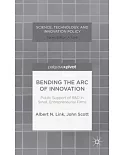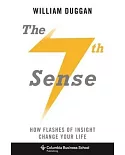White-collar crime is defined both in terms of the offence and in terms of the offender. The offence is often financial by nature, taking the form of fraud, tax evasion, corruption, and
insider trading. The offender is typically a person of respectability and high social status, who commits crime in the course of his occupation. When prosecuted in court, white-collar
criminals are defended by lawyers, a knowledge worker specializing in the development and application of legal knowledge to solve client problems. Research into the roles of lawyers in
white-collar crime is important since it provides new information into a specific area of legal advice linked to corporate and occupational economic crime.
Financial Crime and Knowledge Workers examines the role of lawyers in court cases involving white-collar crimes, revealing fresh insights into the relationship between a lawyer’s stature and
a case’s potential verdict. Gottschalk peels back the theoretical layers surrounding the term ’knowledge worker’ and showcases empirical data to support his claims. This work also discusses
the three distinct strategies white-collar attorneys use to defend their clients.

